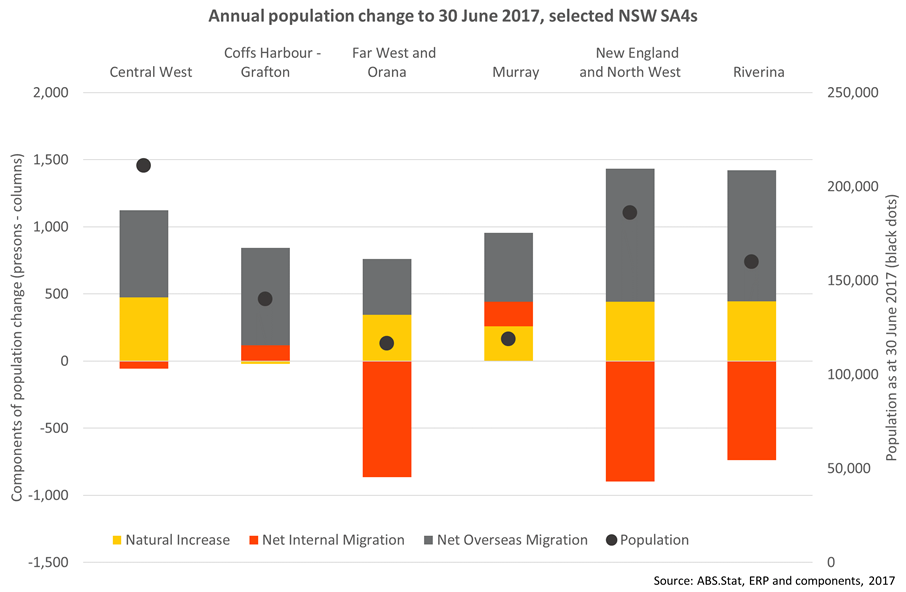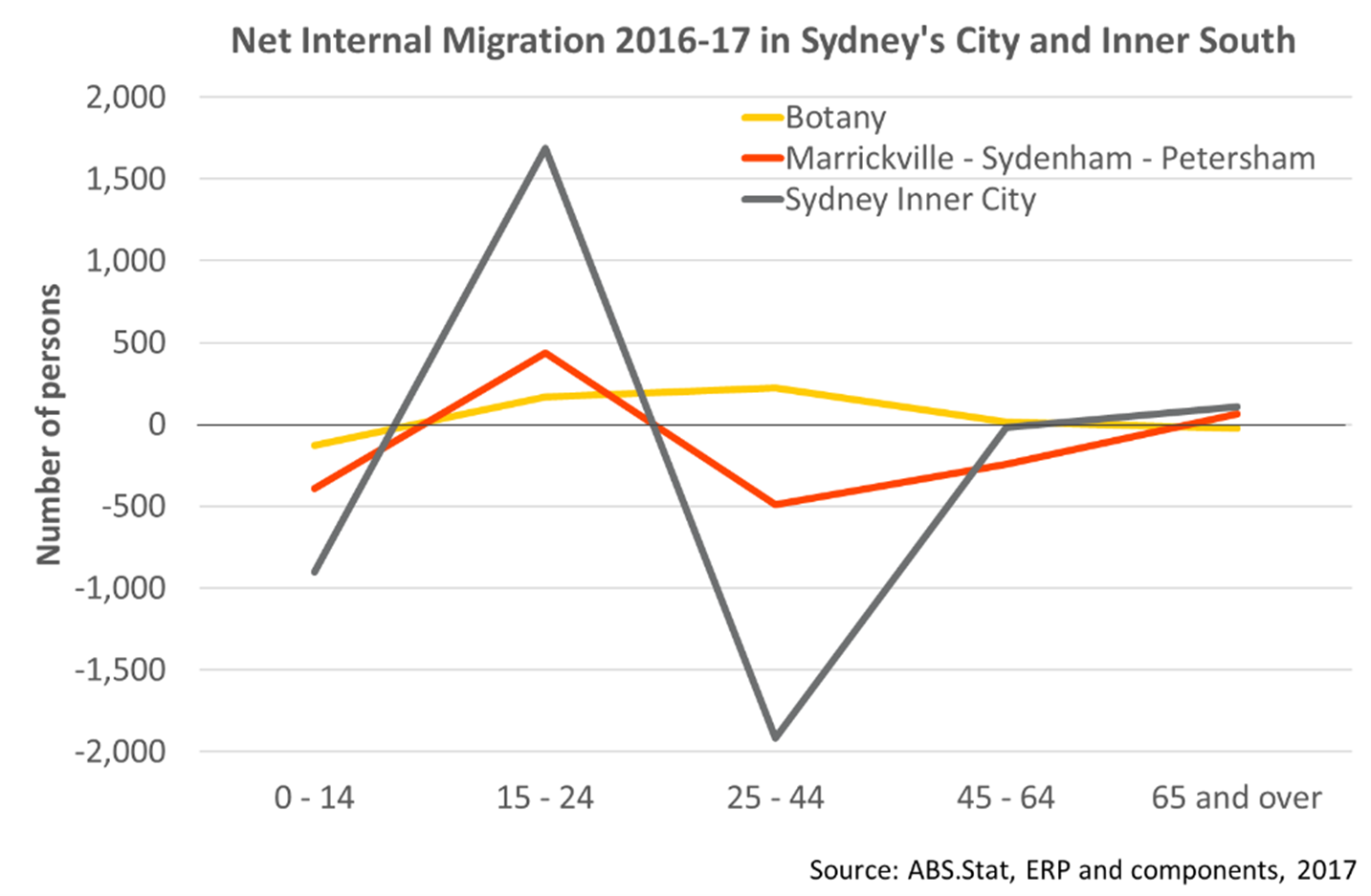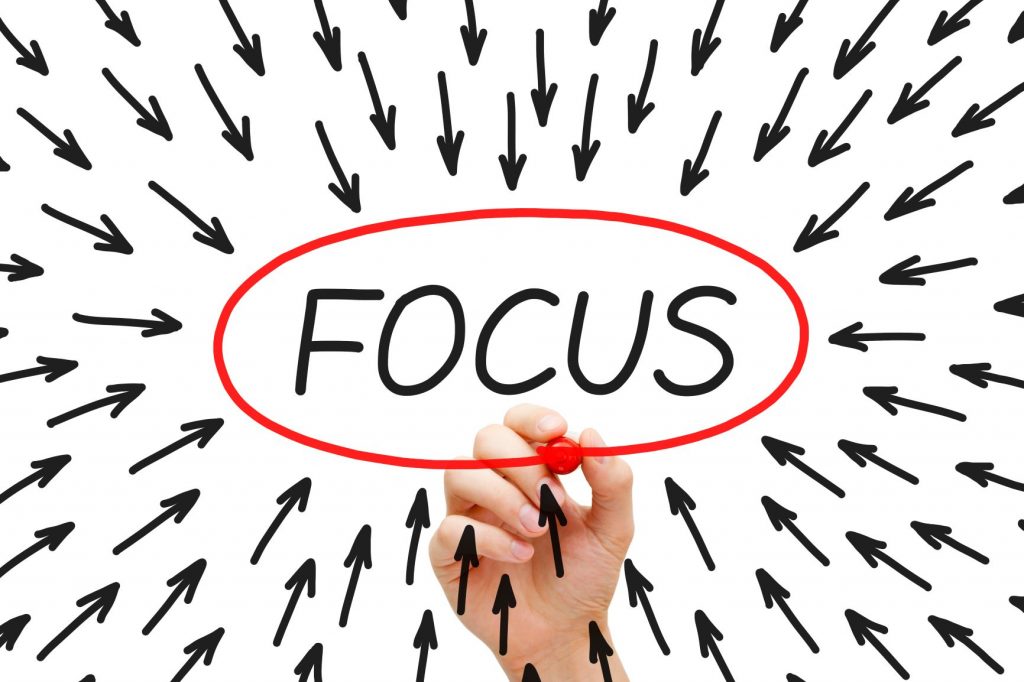What to focus on in the population debate
Population is top of mind in Australia at the moment. On Friday, an inaugural meeting of Treasurers from states, territories and the commonwealth met to discuss how we can better plan for a changing Australian population. Population is being discussed in the lead up to the NSW State election in March and a Federal election in May with levels of immigration an issue for all political parties and independents.
This focus on overseas migration, particularly how bad it is for Sydney and Melbourne, tends to overlook the complex interplay of overseas migration with other population dynamics. Three are listed below:
The regions are different
The December communiqué from COAG that called for the Treasurers’ population meeting recognised the different skill requirements at a regional level. But focusing only on skills underplays the importance of migration in the regions. Across inland NSW, for example, Net Overseas Migration (NOM) was the biggest driver of population growth during 2016-17, in many cases offsetting Net Internal Migration (NIM) loss.
For small populations, this is not just about skills, it’s about population survival. In Sydney and Melbourne, we see a different situation. Even if NOM was lower, the cities would continue to grow.
Scenario modelling for Liverpool in Western Sydney, for example, showed that even with no overseas migration the population would grow by 24% over the next 25 years. There is in-built population growth driven by a relatively young age profile.

Internal migration also drives growth
When we talk about migration, we often assume it is people coming from overseas. But internal migration also drives growth in some areas. In Sydney, Baulkham Hills and Hawkesbury (the SA4 asdefined by the ABS) had 1,900 more people move to the area during 2016-17 from elsewhere in Australia than left.
Even in areas where there is overall net internal migration loss, like Sydney’s City and Inner South, there are significant internal migration gains in the 15-24 year age group. This movement of people coming to Sydney for university and early job opportunities creates a particular type of population growth, and demand on housing and infrastructure. These internal migration movements are an important part of the national population debate.

Overseas and internal migration are linked
Overseas migration interacts with internal migration. In the Hunter region for example, the 2016 Census showed a net gain of almost 17,000 people moving to the Hunter region from elsewhere in Australia. Of this group, 15% were born overseas. And of the overseas born, over half arrived in Australia before 1995. In contrast, Liverpool had internal migration gains of almost 31,000 people between 2011 and 2016. Just over a third were born overseas, with about 70% moving to Australia before 2006.
Overseas migration then has long-term implications, both at the time people arrive and also as they move throughout the country.
Population and planning
The COAG call for creation of a population framework recognised that it needs to recognise the needs of local communities. But these needs vary and there is no one response to population planning. Understanding the complexity of population dynamics and the long-term impacts of changes from one generation to the next, can inform a debate based on evidence.
If you want to be part of an informed debate, join the Astrolabe Masterclass, “Making People Count” on 20 February 2019.
